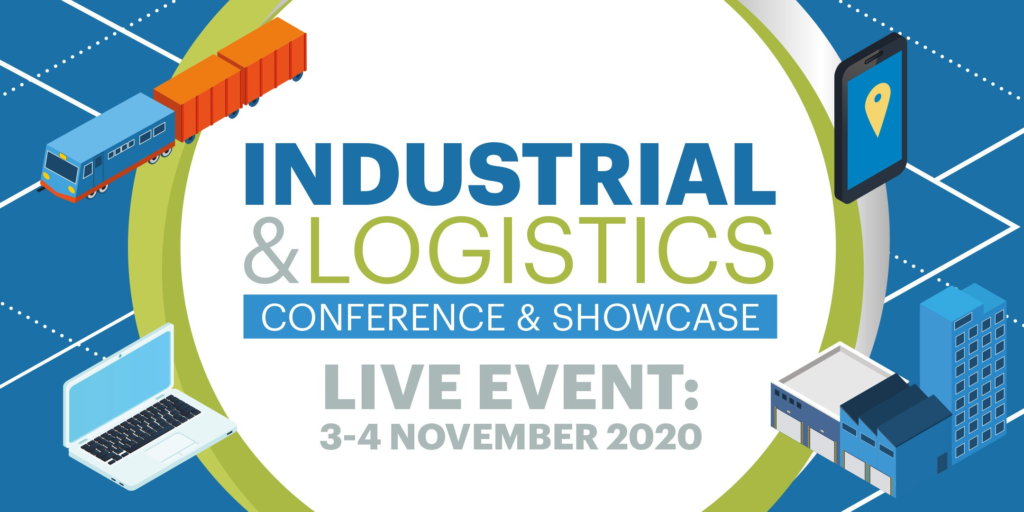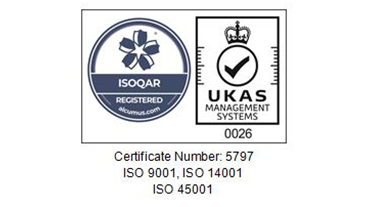Amidst a COVID-19 and Brexit backdrop, Property Week’s conference offered some interesting insights into the future of the industrial & logistics sector. Here are four key takeaways from the event.
Brexit Uncertainty
With just a few weeks left until the end of the Brexit transition period and a trade deal still yet to be reached, a big question mark has been placed over many sectors…
According to the Professor of Business at the Birmingham Business School, in the event of a no-trade deal the auto industry is likely to see a substantial impact on production in the UK in the short term, and in the longer term some question marks about whether car production is actually viable going forwards.
Even if there is a trade deal, it will be a very thin one and there will be difficulty for parts of the industry to make sure they qualify under ‘Rules of origin’. As a result, we are likely to see the closure of many plants across the UK.
The Emergence of Vertical Farming
According to Savills, the global vertical farming market is expected to grow from $2.289 bn in 2017 to $7.461 bn in 2023. Alex Bragg, Director of Food & Farming explained there are three main types of facilities and asset classes that will enable this growth:
- Residential & Retail: modular farms placed in a variety of customer-facing city locations such as grocery stores, restaurants, shopping malls and schools, enabling the end-customer to actually pick the produce themselves.
- Commercial Space: using the latest hydroponic systems and LED technology, sustainable crops are grown year-round in unused commercial spaces such as underground tunnels.
- Warehouse & Logistical: the utilisation of very large spaces, racked and fitted with technology.
Site selection, that is finding a well-located site with good private-wire electricity or even a renewable source, is imperative to the long-term profitability of all three asset classes.
A Climate Tipping Point
Keynote speaker Lord Deben, Chairman, Committee on Climate Change, had a stark warning for the sector: “If you build buildings that are not set to be carbon-neutral, they will be incredibly difficult to let because the businesses that want to lease buildings will be under pressure to meet the demand, not just from the government but from their investors, for net-zero.”
Technological Innovation
One of the most exciting applications of AI within industrial and logistics is the application of digital twins. By combining AI with virtual reality and augmented reality, we’ll be able to create virtual ‘digital twin’ models of warehouses and other buildings and populate them with all kinds of useful information for users.
When applied to buildings, owners, developers, and building managers they will be able to control access to their buildings and offer augmented reality, interactive guides to show people how to use and maintain different parts of the building.
Another big talking point was the growth of robotic process automation with Amazon at the forefront of this. According to Callum Chase, Futurist, Journalist and Best-selling Author. “Amazon is racing to automate the last few tasks that humans do in their warehouses.”

Follow us on LinkedIn – https://www.linkedin.com/company/pexhurst-services-limited/









